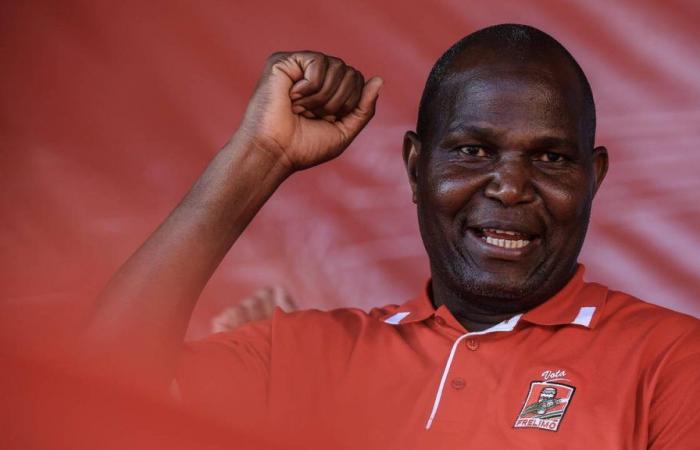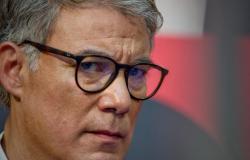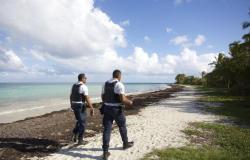The outgoing president Filipe Nyusi, whom the constitution prohibits from running again after two terms, was elected five years ago with 73% of the votes against 22% for his main rival Renamo, a former rebellion which has become the main party of opposition. “We have no doubt, we will win!” he declared on Sunday, during Frelimo’s last campaign meeting.
“Nothing is going to change”
“Nothing will change, the results will be the same,” also predicts Domingos Do Rosario, who teaches political science at Mondlane University in Maputo, emphasizing the weakness of the democratic traditions of his country with high inequalities, where “clientelism” reigns supreme.
“The integrity of the electoral process is a real problem,” adds Borges Nhamirre of the Institute for Security Studies in Pretoria. “Institutions at all levels – electoral bodies, courts, police – will manipulate the vote.”
The likely future president, Daniel Chapo, 47, has no government experience or party experience at central level. This former provincial governor, appointed by Frelimo to everyone’s surprise, would be the first president born after independence. And the first not to have fought in the civil war (1975-1992) which left a million dead and saw subsequent fighting until the final peace agreement of 2019.
“He is an unknown person,” emphasizes Borges Nhamirre. “He was chosen by Frelimo because ultimately, he is the easiest to influence”: different factions will seek to impose ministers on him in key positions, believes the Mozambican researcher.
These last weeks of campaigning have brought to the fore a charismatic opponent, Venancio Mondlane, 50, who recently left Renamo after failing to take the lead. A talented speaker, he moves crowds and arouses hope, particularly among young people. “He is intelligent, he has common sense, I would really like him to be elected,” sighs Olga, 30, who sells dried fish in a market west of the capital.
“If the elections were free and fair, he would have a good chance of emerging as the new leader of the opposition,” said Borges Nhamirre.
Dreaded “cheating”
But the electoral commission (CNE), headed by a former Anglican bishop considered too close to power, and “completely discredited” according to an academic who wishes to remain anonymous, will perhaps grant “Venancio”, as the street calls him , “some 10% of the votes, or even a little more, to avoid violence”. This commission “is a joke, it manufactures voters,” denounces Mr. Do Rosario, estimating that the figure of 17 million registered, out of a total young population of 33 million, has no meaning. “We cannot believe these figures.”
The 2023 municipal elections, very favorable to Frelimo, triggered demonstrations in major cities in the Portuguese-speaking country of southern Africa. Several people had been killed “accidentally” by the police. “For around twenty years, Frelimo has privatized the state” and electoral “cheating” is omnipresent, says Domingos Do Rosario, warning against protests in the weeks following the election.
Mozambique, very affected by climate change between destructive cyclones and drought, remains one of the poorest countries in the world. A natural gas project in the north has been paralyzed since 2021 by violence from armed jihadist groups. “We will continue to fight to rid the country of terrorism,” promised and insisted Daniel Chapo on Sunday.






